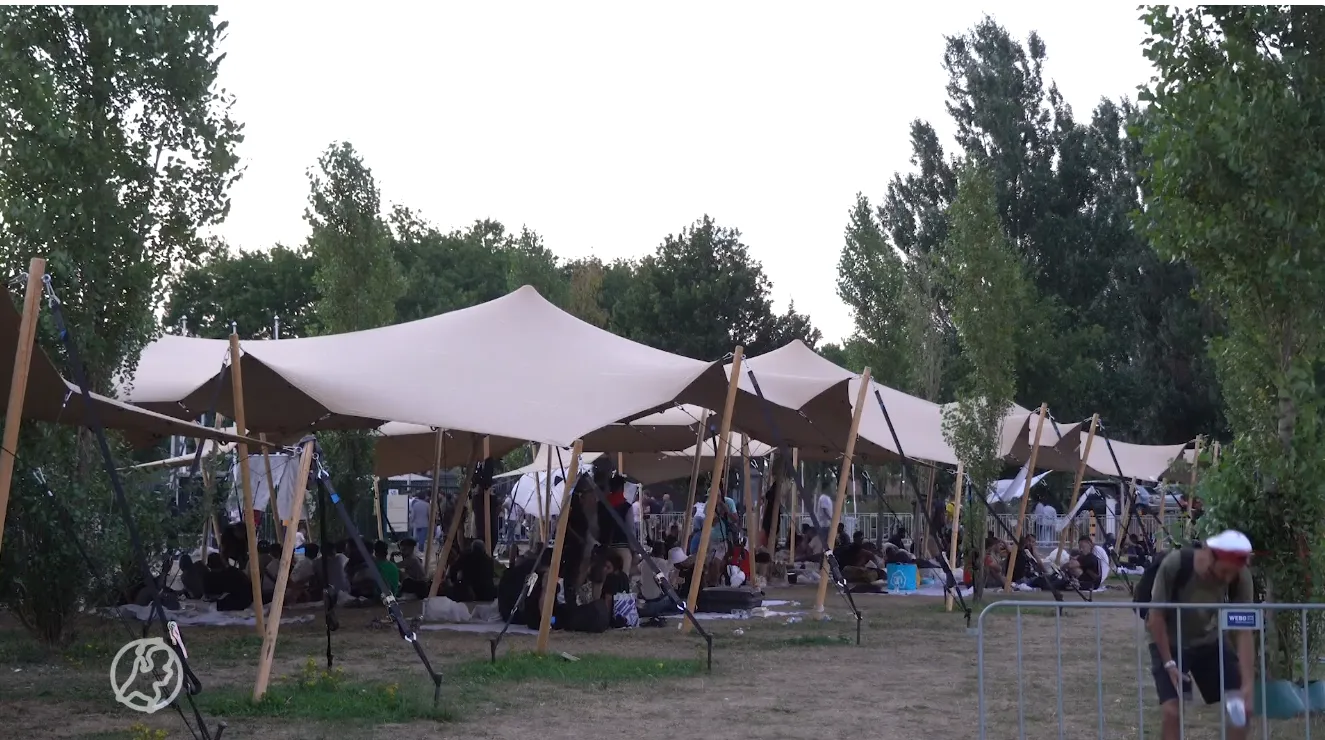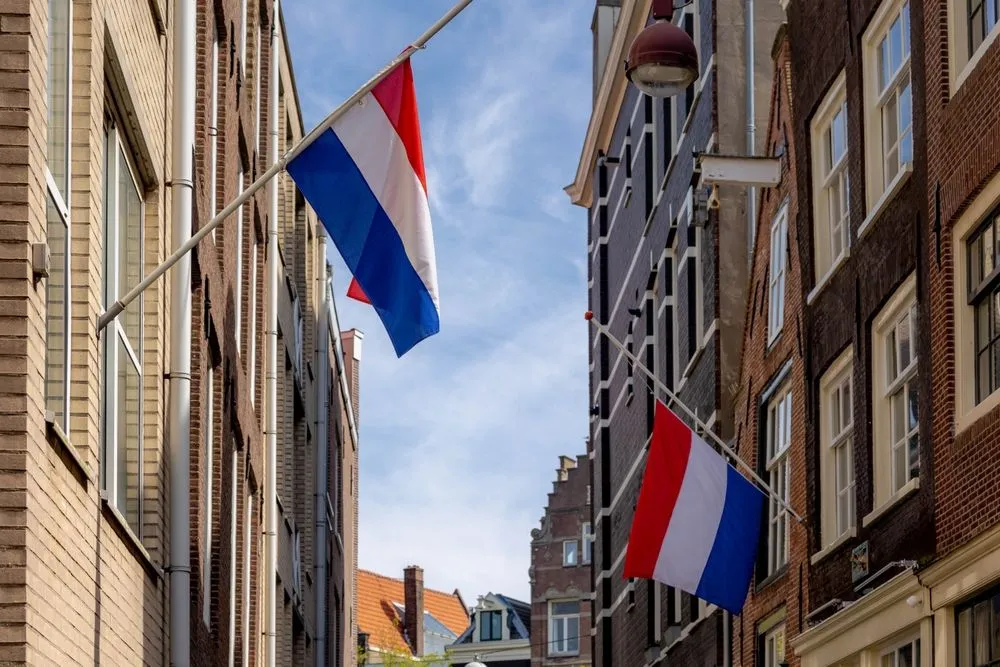Het WNF is het WNF niet meer
What a strange body the WWF (formerly the World Wildlife Fund, now the Worldwide Fund for Nature) has become these days. It is the largest, richest and most influential environmental lobbying organisation in the world. Originally set up in 1961 by Julian Huxley, Prince Philip, Prince Bernhard and others, for the admirable purpose of campaigning to save species endangered by human activity, it has morphed in the last 20 years into something very different, more akin to a multinational corporation.
The WWF empire now derives a very hefty chunk of its income from partnerships with governments, or the EU, or actual multinationals, such as Coca-Cola and Sky, which like to use its iconic panda logo (originally designed by the naturalist Peter Scott) to give an eco-caring gloss to their commercial activities. The chief reason why it has so greatly increased its wealth and influence is that it has joined other lobby groups, such as Friends of the Earth and Greenpeace, in pushing to the top of its agenda that most fashionable and lucrative of environmental causes, the battle to halt climate change.
At this point, however, two American professors intervened. They had just published a study of the delta in an environmental journal, entitled The REDD menace: resurgent protectionism in mangrove forests. It was highly critical of the so-called fortress conservation policy advocated by WWF under REDD+, claiming that it was seriously damaging the traditional life of those local communities which had been sustainably farming and fishing in the area for centuries.
Nowhere is this web of top-level influence more striking than in the role WWF now plays in the workings of the UNs Intergovernmental Panel on Climate Change the body whose reports, supposedly based only on gold standard science, have been the chief driver behind worldwide concern over global warming for 20 years.
When a series of scandals blew up two years ago over the more alarmist claims made by the IPCC in its 2007 assessment report, the two which attracted most headlines were shown to have been based, not on peer-reviewed science, but on campaigning material put out by WWF. One of these, a prediction that the Himalayan glaciers might all have melted within 30 years, was sourced from a WWF paper based only on a magazine interview with an obscure Indian scientist (who was subsequently employed by the research institute run by the IPCCs chairman, Dr Rajendra Pachauri)



